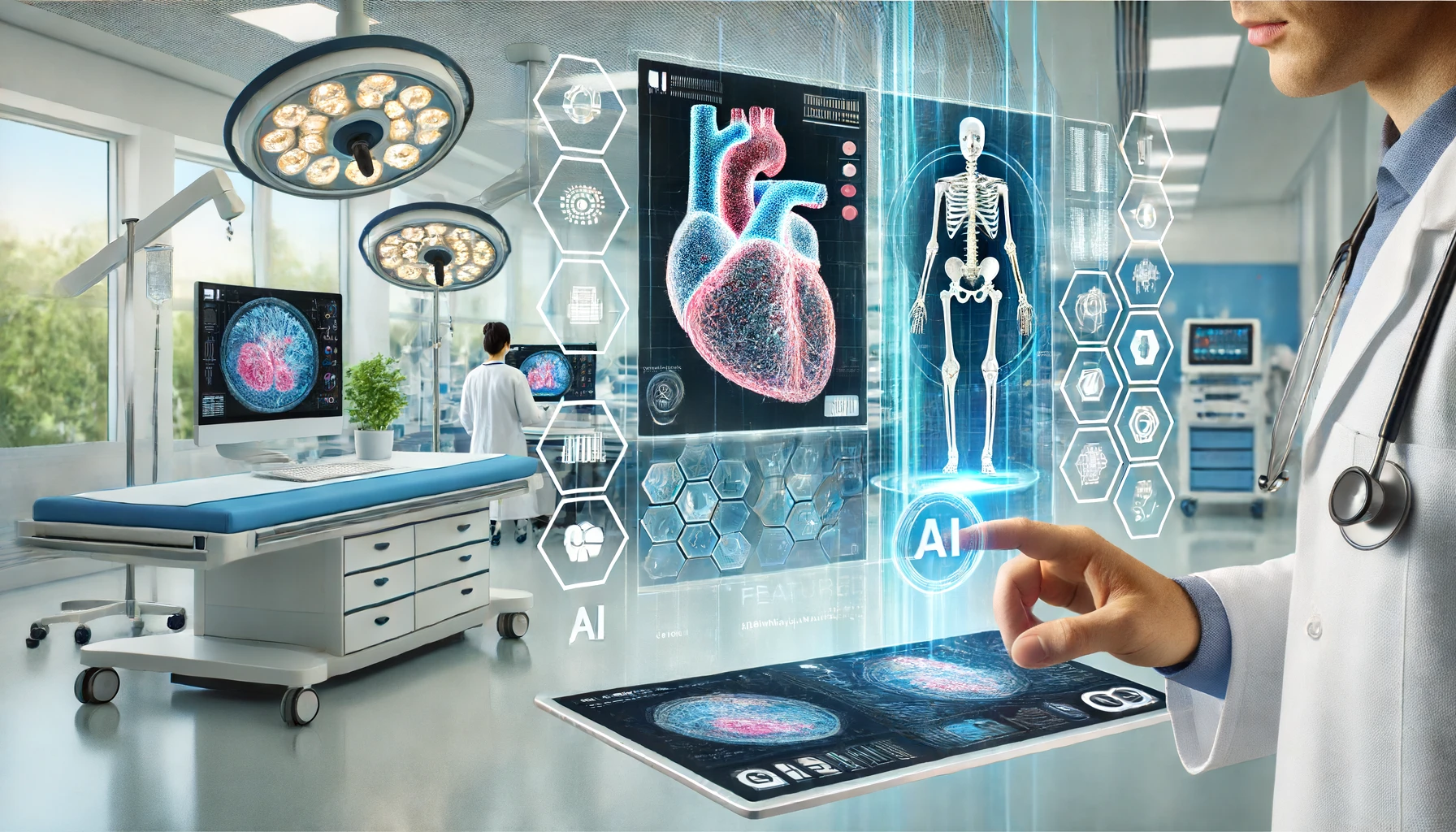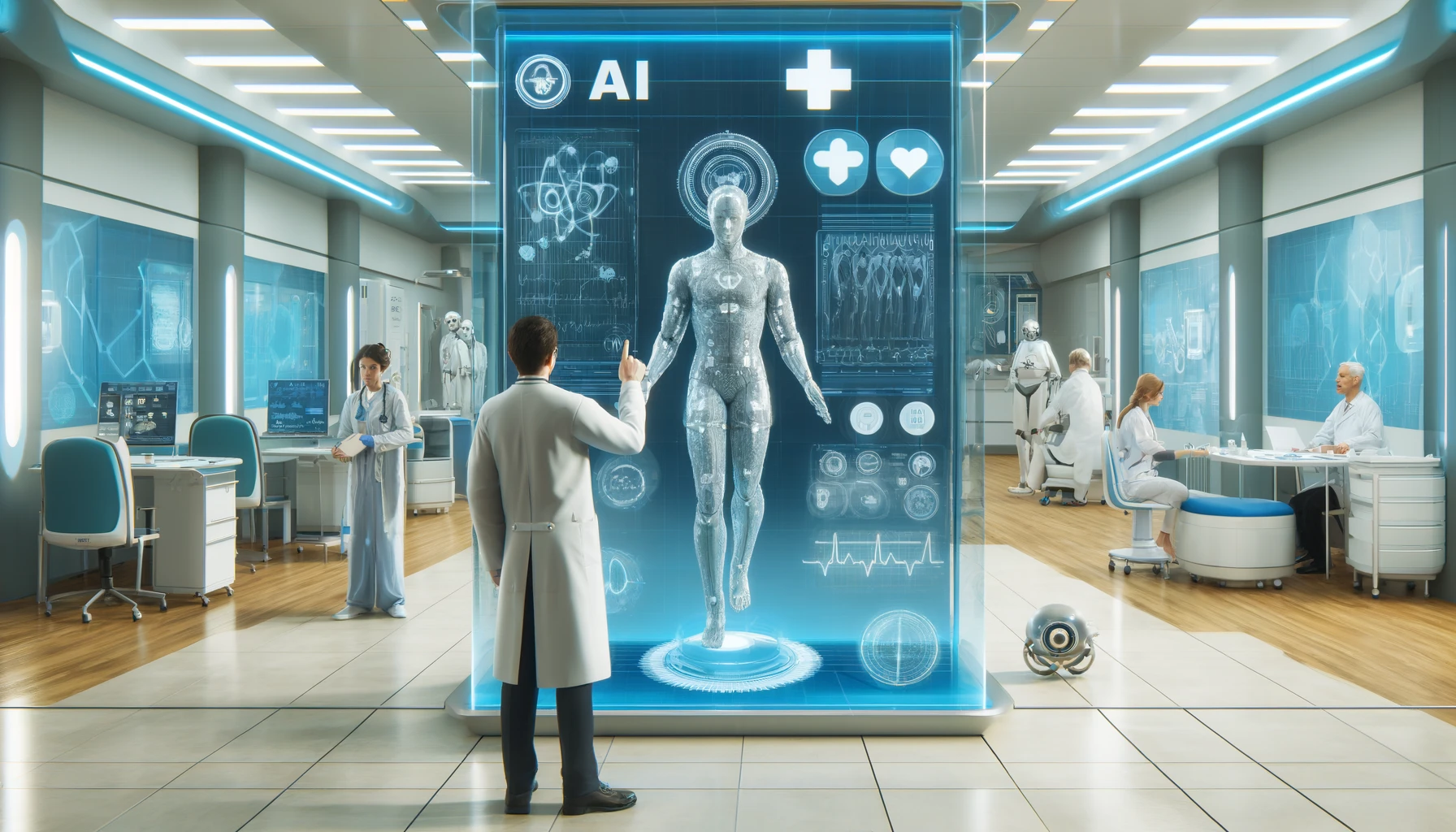Researchers at the University of Copenhagen have created a new biocomposite material from barley starch and sugarbeet waste that can decompose into compost within two months. This material, developed to address plastic pollution and reduce the climate footprint of plastic production, combines amylose and cellulose to form a strong, flexible substance suitable for various applications like food packaging. Unlike existing bioplastics, which often require industrial composting, this material naturally decomposes in the environment, offering a promising solution to the global plastic waste problem.





